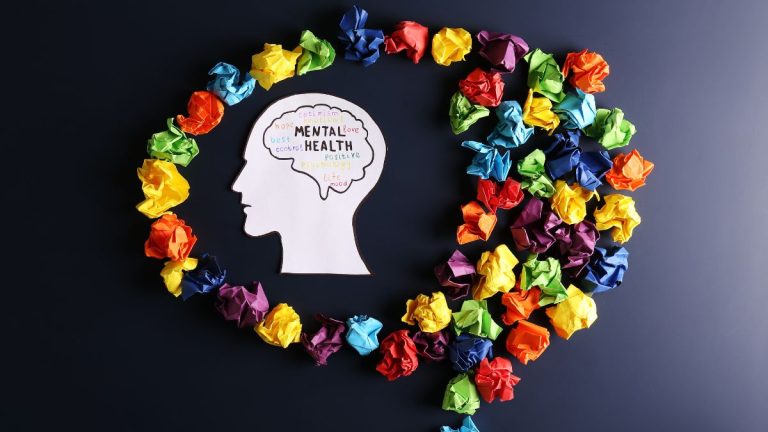Procrastination is a plague that afflicts many people in all walks of life. According to pscale Living Psyche Mag, procrastination may appear to just be a bad habit of delaying tasks, but it’s actually deeply rooted in our psyche and how we function; there is more to it than anyone would have guessed initially. By understanding these root causes, we can begin to tackle procrastination and raise our levels of productivity, contentment, and overall satisfaction.
The Heart of Procrastination
In essence, procrastination is largely a function of our emotional state. When we think that a task is difficult, boring, or makes us anxious, our brain starts to send signals telling us not to do these tasks in order for the negative feelings associated with them to go away. The procrastination in this case is a kind of making ourselves feel better, and we delay the task just because it helps us get rid of stress or discomfort for a brief time.
Self-Control and Motivation
Procrastination is after all a conflict between self-control and wanting to feel positive right away. Many of the tasks we avoid, if completed successfully and consistently, can become a true source of strength, vitality or enjoyment for us, yet our monkey brain is wired to be like that. A lot of the time it is accompanied by lazy and very far from rewards, which makes them demotivated.
Distorted Thinking and Procrastination

In addition to other factors, cognitive distortions or irrational thinking also contribute to procrastination. Believing you have to be perfect at something can also keep you from starting on a task because perfectionism breeds procrastination, where people put off beginning or completing tasks for fear of not doing so perfectly.
Procrastination-Defeating Strategies
Procrastination is a complex problem that has both emotional (behavioral) and cognitive dimensions. One method that has been shown to work is if you divide the tasks and goals into small steps, it minimizes feelings of being overwhelmed, which generally enable people to begin. Developing specific, achievable goals and managing your time with strategies like the Pomodoro Technique can also help with staying focused.
The feeling of procrastination: dealing with the psychology behind it, as explored in Upscale Living Psyche Mag, involves understanding why we emotionally and mentally avoid doing what is best for us. This understanding, when combined with practical tips, could potentially help us deal with procrastination more effectively. Although forming new habits requires time and effort, the rewards of greater productivity and lower stress levels make it well worth the effort.

